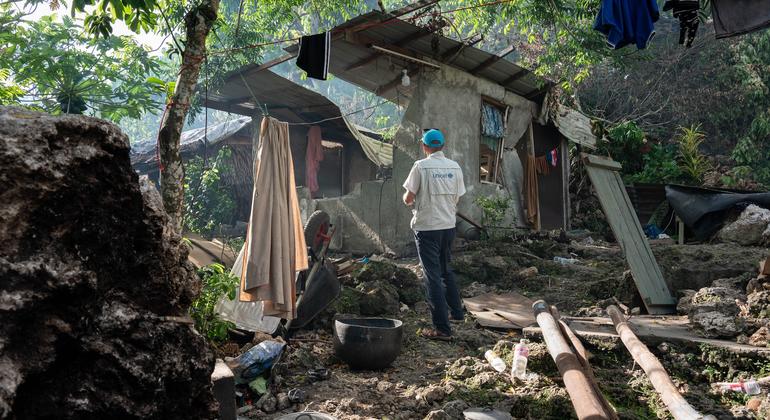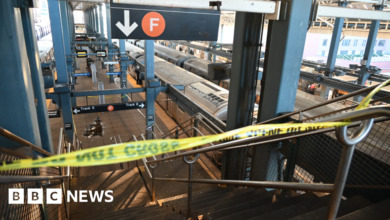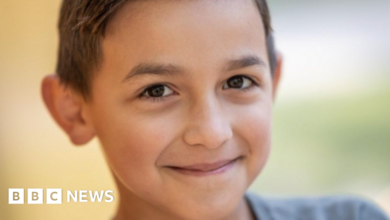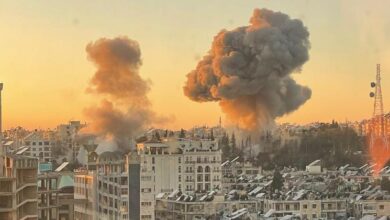UN reinforcement teams mobilize as Vanuatu suffers second earthquake

A state of emergency remains in effect across the island nation, and a seven-day dusk-to-dawn curfew in parts of Port Vila is scheduled to end on December 24. Port access The sea was also blocked.
The second earthquake increased concerns, with further updates on its impact, including the reopening of Port Vila airport to commercial flights, still awaited.
Humanitarian needs
As of Saturday evening (local time), more than 80,000 people had affect before Tuesday’s earthquake, with nearly 1,700 people temporarily evacuated. Eleven evacuation centers are sheltering more than 1,200 people, while others are housing local households.
Immediate needs include access to clean water, food and health care as communities face increased risk of waterborne diseases.
Health services are also said to be under severe strainwith Vanuatu Central Hospital (VCH) requesting essential medical supplies and coordinating surge support to address critical gaps.

Vanuatu Earthquake Impact in Shefa Province (as of December 21, 2024).
Coordinated response
In response to the escalating crisis, one humanitarian flight coordinated by the United Nations World Food Program (WFP) of the Pacific Humanitarian Aviation Service (PHAS) landed in Port Vila on Saturday, transporting reinforcement teams from United Nations agencies, humanitarian partners and relief supplies.
Agencies include the World Health Organization (WHO), United Nations Children’s Fund (UNICEF) and the United Nations Population Fund (UNFPA) is working together with the national government to Support feedback.
UNFPA has set up maternity tents at VCH, while UNICEF has set up four tents to manage overflow patients and deployed child protection teams to support families and health workers.
UNICEF also delivered bladder water tank to VCH to ensure continued availability of clean water.
WFP deployed emergency telecommunications experts to restore disrupted communications networks, crucial for coordinating relief efforts. The agency is also working with the National Disaster Management Office (NDMO) and partners to assess food security needs.
In addition, the United Nations Satellite Center (UNOSAT) is conducting a satellite-based damage assessment to guide resource allocation and prioritization of affected areas.
Humanitarian partners, including Médecins Sans Frontières (MSF), are also providing on-the-ground support alongside national response teams.
Timely response is very important
Alpha Bah, Director of the WFP Pacific Multi-Country Office, based in Fiji, emphasized the need for a timely response for affected families.
“We are deeply saddened by the loss of life and property caused by this earthquake. This coordinated effort is vital to ensure that those affected by the earthquake receive timely and necessary assistance.he said.
“WFP is dedicated to supporting NDMO and other national organizations, and We will continue to increase our efforts to strengthen Vanuatu’s response to this crisis.”




